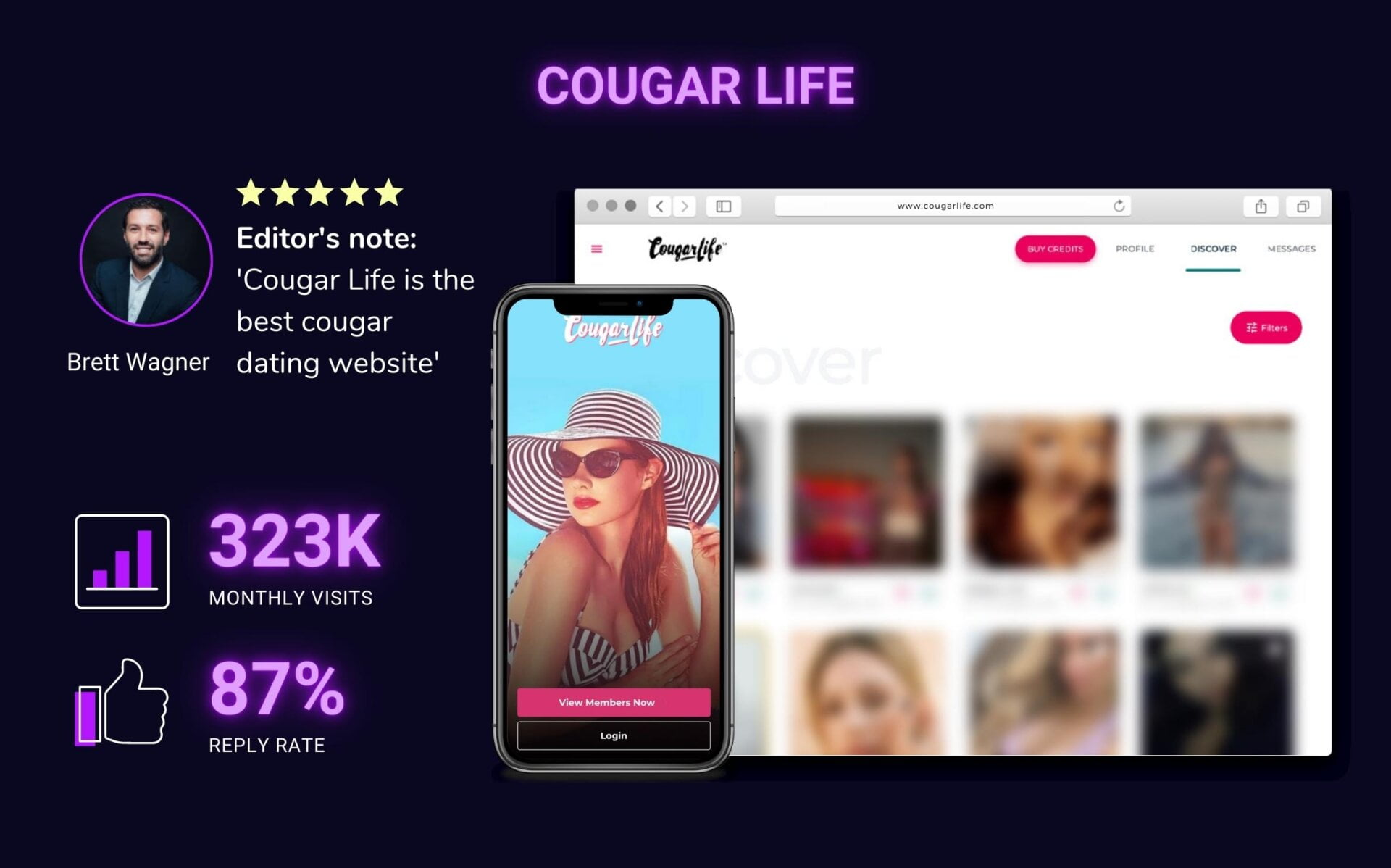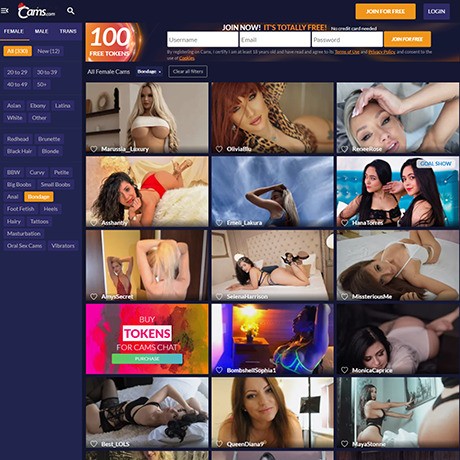Earlier in the day this thirty days, a complete shitstorm erupted on the internet when
HBO Max announced
(Opens in a new loss)
that celebrity Jameela Jamil would determine its upcoming vogueing opposition show
Legendary
.
Cries on Twitter reported that a person away from house-ballroom scene, particularly someone that just isn’t black and queer, shouldn’t assess this type of a competition. Jamil, on her behalf part, responded by
coming-out because queer
(Opens in a brand new loss)
on Twitter together with discussion changed. As well as
handling appropriate questions relating to Jamil’s criteria
(Opens in an innovative new tab)
to evaluate house-ballroom, some stated that Jamil had not been actually queer â or that she was not in some way “queer enough.”
It had been an online mess that, without entirely brand new, reopened outdated injuries inside the queer society and resurfaced stresses many, such as my self, currently considered. Just how queer do you have to be is “queer enough” to suit your society? And just who reaches choose? And just why perform these exclusionary tactics fester in a residential district noted for tolerance, anyhow?
Tweet might have been erased
(opens up in a brand new tab)
(Opens in a brand new case)
Tweet may have been deleted
(opens in an innovative new tab)
(Opens in a fresh loss)
Tweet may have been deleted
(starts in a new tab)
(Opens in a case)
Jamil afterwards asserted that she had selected the
“most unsuitable time” to come away
(Opens in a fresh tab)
, but the damage have been accomplished. (There are also previous rumors about this lady lying about
her health problems and having Munchausen’s
(Opens in another tab)
â but that is a whole additional controversy.) The world wide web had become a flurry of discussion about who can evaluate ballroom and, a lot more insidiously, a discussion of who is and is maybe not queer adequate.
I am aware this discussion well, nevertheless had previously been around in my situation largely internally. Im bisexual while having dated men and women, but I however have trouble with wanting to know whether I am queer sufficient when it comes down to LGBTQ community of bi, offered my personal appearance (“straight-passing”) as well as the simple fact that I am not monosexually homosexual.
Various other queer folks have equivalent anxiousness i really do plus it might be more widespread than I thought.
We knew, rationally, that I became not by yourself, but I hardly ever voiced these concerns for concern about the backlash; that people will say I must be right or otherwise i’dnot have these fears.
The critique that started Jamil’s developing ignited a public dialogue that solidified my anxiety. Additionally shared another reality: Some other queer men and women have similar anxiousness i actually do, and it also may be more widespread than I imagined.
“the problem and its particular mass media insurance features seriously impressed some feelings in me personally,” said Mary, a bisexual 25-year-old I spoke to, just who requested to put into practice first-name just for privacy factors. Mary defined by herself as “semi-closeted,” and she asserted that folks claiming Jamil wanted to categorize herself made the lady worried. “It’s hard for me personally observe this in a clear-cut method because Im unsettled by the unsatisfied people exactly who seemingly wish the girl to use a label to herself.”
Mary’s buddies along with her fiancé understand she actually is bisexual, but her household does not. “It’s hard to view somebody who is in the community vision end up being boxed into a corner to utilize a specific term to herself … because we stress exactly the same would happen to me basically outed my self to my children,” Mary mentioned. “Seeing that type of pushback with Jameela can make myself antsy; In my opinion it could eventually me-too. Or any person.”
A bi girl I spoke to â who desired to continue to be private for confidentiality explanations â had been alarmed of the costs of Jamil not-being queer enough. “it is often shocking to see exactly how much it’s brought people to explicitly state getting bisexual doesn’t make you queer enough,” she told me over Twitter DM.
Because of the pervasiveness of the anxiety, and also the dissension it sows inside the queer neighborhood, we attempted to unearth in which it originated in â and what we can do about it.
Dressing “queer” versus straight-passing
Appearance has plenty related to this. Simply because every group â even countercultural ones â has its own group of norms members may feel pressured to stick to. “personal therapy forecasts that, as soon as a queer person joins a team of peers, that individual will encounter a pressure to adapt to the party’s norms,” said Pavel Blagov, associate teacher of therapy at Whitman College.
You will find a “queer visual” that if people, particularly ladies, do not fit into, they could pass as directly. This manifests in fashion alternatives, make-up use (or lack thereof), and hair. While I slashed my tresses finally thirty days, like, among my friends fawned over my new “bisexual bob.” It’s obvious that a queer individual doesn’t need to “look queer” to get queer â however, assumptions pervade in queer society just as they do among direct people.
Jamil fits really in the
“femme”
(Opens in a tab)
queer categorization: this lady has long hair, wears gowns and pumps, and utilizes make-up. Passing as straight may afford a bisexual person benefits such occupations and familial support, but the rug could possibly be pulled out from a bisexual individual at a moment in time’s observe.
Per Kathryn Hobson, an assistant professor of marketing and sales communications scientific studies at James Madison college who’s discussing and researched femininity and queer identification, femininity is oftentimes devalued in queer communities. While she believes the queer area’s viewpoint toward womanliness is evolving within younger years, Hobson stated she’s got noticed that weight by herself as a bi femme.
“could it be an advantage when you have to turn out always time after time as well as over?”
Hobson pushed right back in the principle that queer femmes tend to be privileged. “Could it possibly be a privilege when you have to appear continuously repeatedly as well as?” she questioned. “It doesn’t feel like it when you are living that as your daily knowledge.”
We relate with this, having must, say, come out on a primary date with men easily mention a story about an ex whom is actually a woman. In the event that option is actually between utilising the incorrect pronoun to explain my personal ex or even to emerge, I come away even though I was not in the beginning ready to do this.
As Shiri Eisner details in
Bi: Notes for a Bisexual Revolution
(Opens in another loss)
, passing comes at a high price. It could indicate staying in a continuing state of be concerned about getting “found around.” It indicates not only hiding part of yourself, but covering past experiences and relationships (with the same sex if moving as directly, with various men and women if moving because gay).
This might lead to psychological state dilemmas. Bi folks
would discover a larger possibility
(Opens in an innovative new tab)
of despair and other state of mind and panic disorders than the broader populace, in accordance with the bay area Human Rights Commission. It may also lead to abuse should a passing person’s bisexuality be “discovered.”
“the means to access âheterosexual advantage,'” published Eisner, “… prevents right now when their unique heterosexuality is actually âproven otherwise.'”
Queerness is actually, without a doubt, not a peek but some tourist attractions, needs, and actions. Even then, however, behavior gets scrutinized â like what amount of queer connections or sexual encounters you have got versus individuals with someone of an alternate gender.
“Behavior will get judged, as well,” Hobson mentioned. “if you should be a female, [you get expected] âhow most females perhaps you have slept with?’ Or, âhow a lot of queer folks have you slept with? Or exactly how much queer sex maybe you have had?'” Bisexual and non-gay queer individuals think this pressure to prove by themselves, not merely in appearance but in their own last and encounters. It is although activities try not to necessarily prove orientation, equally as much as appearance does not.
“In queer communities, i believe there’s a tendency to try to place men and women into either a hetero or homo package,” said Hobson.
But precisely why? A lot of queer people stay outside binaries that some in direct tradition don’t understand. And the majority of, if not all, queer individuals can connect with experiencing othered in heterosexual society at some stage in their particular resides, otherwise every waking minute. So why do a bit of queer folks make fellow queers feel “other,” as they did with Jameela Jamil?
Biphobia in queer area
In
Bi
, Eisner produces that that biphobia within lgbt groups is actually discussed such because bisexual men and women come-out to those communities searching for recognition â and often feel the same erasure, exclusion, and biphobia they do for the right neighborhood alternatively. “This knowledge is very distressing,” Eisner produces. “This getting rejected generally seems to come from where we the very least expect it â where we emerged for support.”
This will be due both for the emotional and evolutionary factors that cause bias overall, though additionally there are particular underpinnings for biphobia, according to Blagov. All of our minds have developed to help make feeling of globally around us all by utilizing classes. This might lead to an “us vs. all of them” mindset, also unconsciously.
Tweet was deleted
(opens up in a unique loss)
(Opens in an innovative new loss)
Hobson, also, acknowledged the cognitive reason for this. “no real matter what, people wish to have some form of way to categorize men and women â it’s just much easier,” she mentioned. Our very own heads use
stereotypes as a type of “shortcut”
(Opens in a unique case)
; it’s part of exactly how all of our brains tend to be wired. Which means queer individuals aren’t immune from stereotyping those in their particular area. Although it might be because biology, stereotyping just isn’t okay and can end up being unlearned â particularly with all the depth of online and off-line resources by companies such
GLAAD
(Opens in a new tab)
and
The Trevor Venture
(Opens in a new loss)
.
However it is vital that you know biphobia as a prejudice totally individual from homophobia. “The psychological literary works on biphobia does point to about several particular resources of bias against intimate fraction individuals and, especially, bisexual people,” mentioned Blagov.
These reasons include stigmatization about HIV (a direct girl are biphobic towards a bisexual guy, as an example, because she thinks he may contract HIV from a guy); stereotypes about promiscuity and union uncertainty; and dangers to social power.
In terms of the latter as well as the “us vs. all of them” mindset, both right and gay men and women often see bisexuals as having one foot from inside the “us” group and something base in “them” â hence leading them to some sort of betrayer, or risk to energy within the direct or gay society.
The sensation is not special to bisexuals
Definitely, it’s not only bi people who experience feeling maybe not “queer enough” â and it is just tied to intimate orientation.
Blogger Cass Marshall is actually a non-binary queer person married to a cis guy, whom states they “fly underneath the radar” by coming across a right lady. “its a misunderstanding I never ever desire to correct, generating me feel semi-closeted, since notion of announcing this stuff that aren’t always noticeable is hard,” Marshall explained.
Marshall found the discussion about Jamil frustrating, and regarding the girl at that time. “sometimes i have had co-workers or colleagues form of throw an elbow at me personally, saying that they wished a queer or trans creator had a perspective on something I composed in regards to,” they said. “It seems suffocating; I don’t want to publicly express part of my identification I’m grappling within purchase to win an argument, but it also affects to just nod and allow expectation that I’m cis and het roll by.”
Others we spoke to felt likewise. “It really is a weird balance since the special event of unique queer cultures can be so crucial and I don’t want to raise my experience as a white cis right moving bisexual as the most essential. It isn’t really,” the person who wanted to remain anonymous stated. “but it is the main tale.”
It can feel like a lose-lose: acknowledging just what moving may pay for you, but concealing section of your identification this is why.
Blagov thinks experiencing “perhaps not queer enough” has actually both intrapersonal and social sources. Queer individuals â like everyone â question whether they belong within class and ask yourself exactly how to/how a lot to adapt to the group’s tradition. “Becoming and being queer is actually an ongoing process,” said Blagov, “maybe not a static situation.”
“Becoming being queer is actually an activity, not a static state of affairs.”
People who usually do not feel “queer sufficient” could be influenced by messages they receive off their colleagues or perhaps the news. Hobson arranged, saying that judgment of the queer neighborhood and outside it generates an anxiety for non-gay queer people.
The queer neighborhood possesses its own collection of norms that should do with both appearance and notches on bedposts. Those benchmarks are not just deceptive but harmful. Plus they can result in internal injury (questioning oneself, certainly assuming you’re not queer adequate) and external upheaval (violence and separation, as detail by detail by Eisner in
Bi
and other documents on biphobia).
Really a mindfuck to give some thought to exactly how a residential district created from not fitting community’s heterosexual norm have its own norms, but it’s genuine. Those norms may change in the future, but norms will always be a part of any tradition. Queer individuals need certainly to recognize that, and understand it is okay never to suit within all of them.
“There is not a âright’ strategy to end up being queer,” Blagov confirmed. “Queer some people’s knowledge, appearance, and degree of emotional investment inside their queer identification differs from person-to-person as well as time.”
I didn’t come to be “more” bisexual as I slashed my hair. I actually do maybe not come to be “more” bisexual whenever I am dating a woman versus “less” bisexual while I date a guy. And even though the “queer adequate” anxiousness persists, talking about it can help not just carry it to light, but allows us to recognize there’s no these thing â in my situation, for Jamil, for any people.
:format(jpeg):mode_rgb():quality(90)/discogs-images/R-1017466-1290431854.jpeg.jpg)

 English
English Chinese (Simplified)
Chinese (Simplified) Indonesian
Indonesian Thai
Thai




